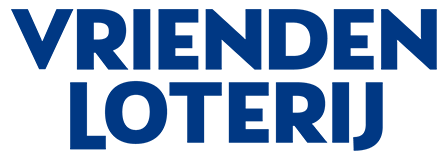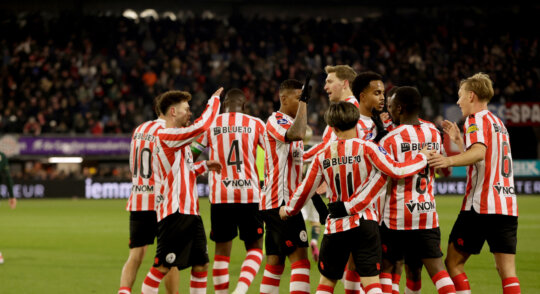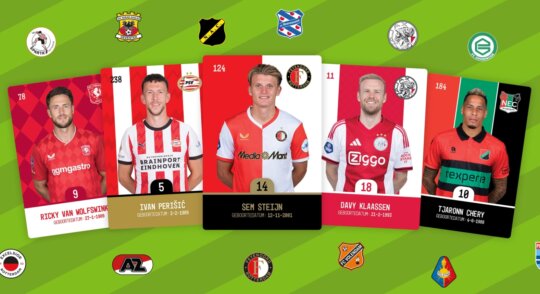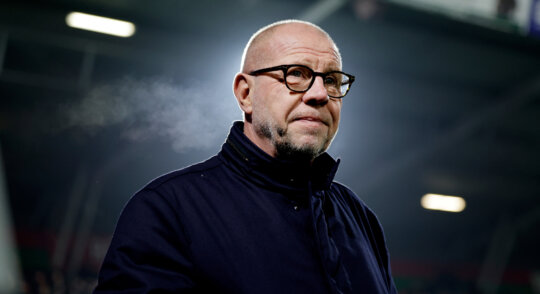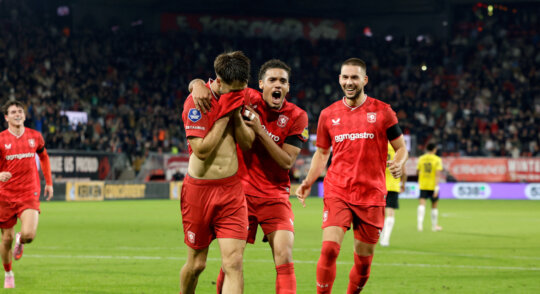The Eredivisie CV has extended its partnership with the School of Governance (USG) of Utrecht University until 2030. The three-year collaboration agreement, originally established in November 2021, will thus be continued.
Focus on research and education
The extended partnership allows USG to continue supporting the Eredivisie CV and its 18 clubs in the further development, professionalization, and monitoring of their social policies. For Utrecht University, the collaboration offers a unique opportunity to gain valuable insights into public value creation in the sports sector. Additionally, students are involved in challenging projects and internships within Dutch professional football.
Over the past three seasons, the collaboration has resulted in several milestones. Each season, a report is produced on the social impact of the Eredivisie, workshops are offered to Eredivisie clubs on topics such as the Theory of Change and monitoring, and a special course has been developed to support social managers in their professional development. Furthermore, several students have been involved in social programs and research within the Eredivisie, and the Eredivisie has, in turn, provided various guest lectures at USG.
By extending the partnership until 2030, both parties emphasize their commitment to further strengthening the social impact of professional football and promoting knowledge exchange between sports and academia. In addition to the Eredivisie, the partnership with the Coöperatie Eerste Divisie (CED) will also continue for several more years. This means that the entire professional football sector in the Netherlands will continue to work closely with Utrecht University in the coming years.

From left to right: Marc Boele, Jan de Jong, Maikel Waardenburg, Aukje Geubbels, Maarten van Bottenburg, Jan-Willem van der Roest, Cas van den Heuvel
Social impact
Professional football organizations not only serve a sporting function but also play a crucial social role in their regions. All 18 clubs in the Eredivisie organize programs on a weekly or even daily basis to contribute to addressing current social issues in the country. These range from projects aimed at helping people with obesity move towards a healthier lifestyle, bringing together individuals who feel lonely, or guiding those receiving welfare benefits back into the workforce.
In addition, clubs are increasingly focused on integrating social issues within their own operations, such as promoting diversity and creating smoke-free and sustainable stadiums. This involves close collaboration with schools, amateur clubs, health and welfare organizations, as well as governments and businesses. As a result, the clubs become part of a large socio-community network in the region. However, the question remains how we can gain even better insight into the scope and impact of this. This question will therefore remain central in the collaboration between both organizations.
